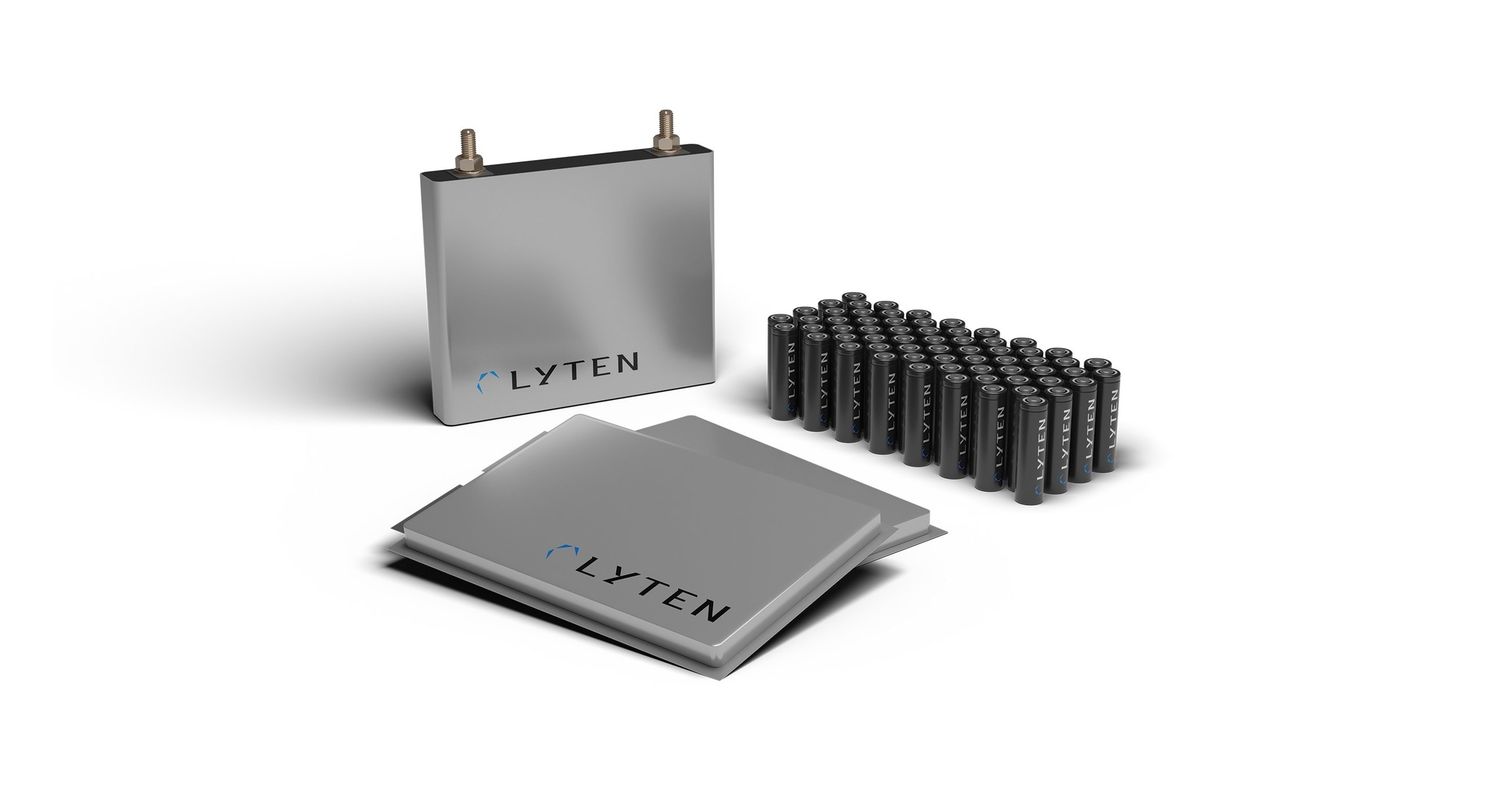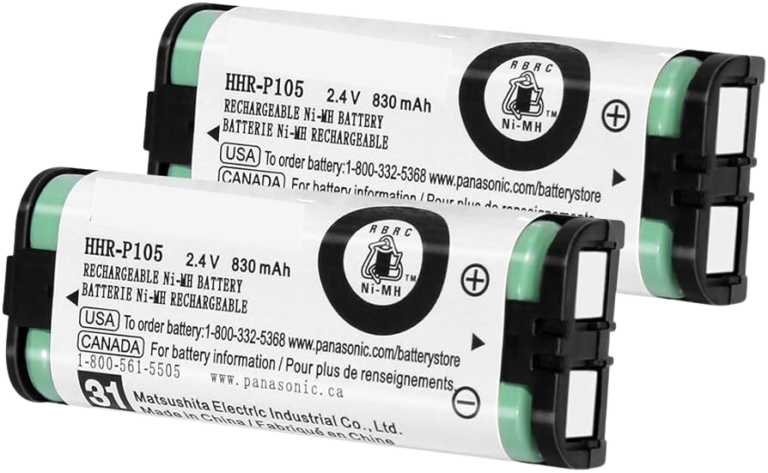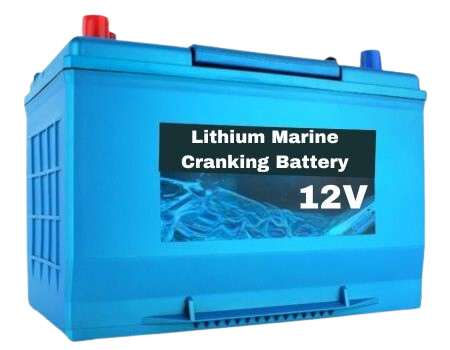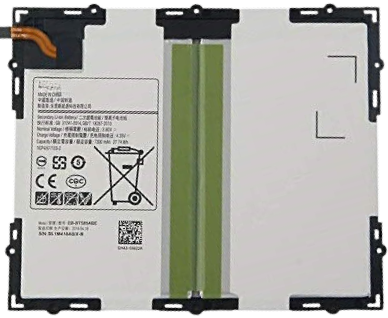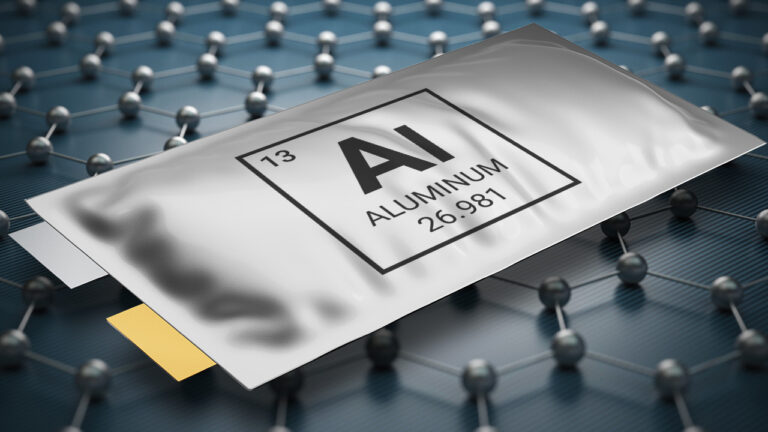Lithium-Sulfur Batteries
Contents
- 1 Lithium-Sulfur Batteries
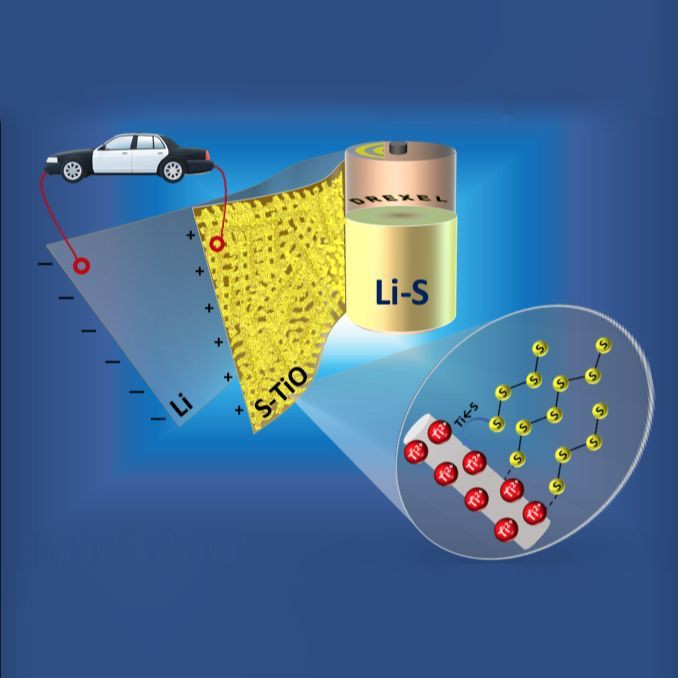
As we get closer to a more sustainable future there is an increasing demand for advanced energy storage technologies. Among the several options, lithium-sulfur Li-S batteries are a strong candidate with the ability to alter the battery market drastically. Here is a closer look at why Li-S batteries might be the game-changing discovery we need.
Introduction to Lithium-Sulfur Batteries
Lithium-sulfur batteries are a novel battery technology that is gaining significant attention due to its unique capabilities not seen in other battery types. In contrast to the typical lithium-ion batteries seen in vehicles to smartphones. Li-S batteries use sulfur, which is incredibly abundant and cheaply priced. Sulfer is one-half of the battery and the other part is lithium. In the future this combination may result in more cost-effective batteries and a longer lifespan, which would improve and lower the cost of our devices and electric vehicles.
The Superior Energy Density
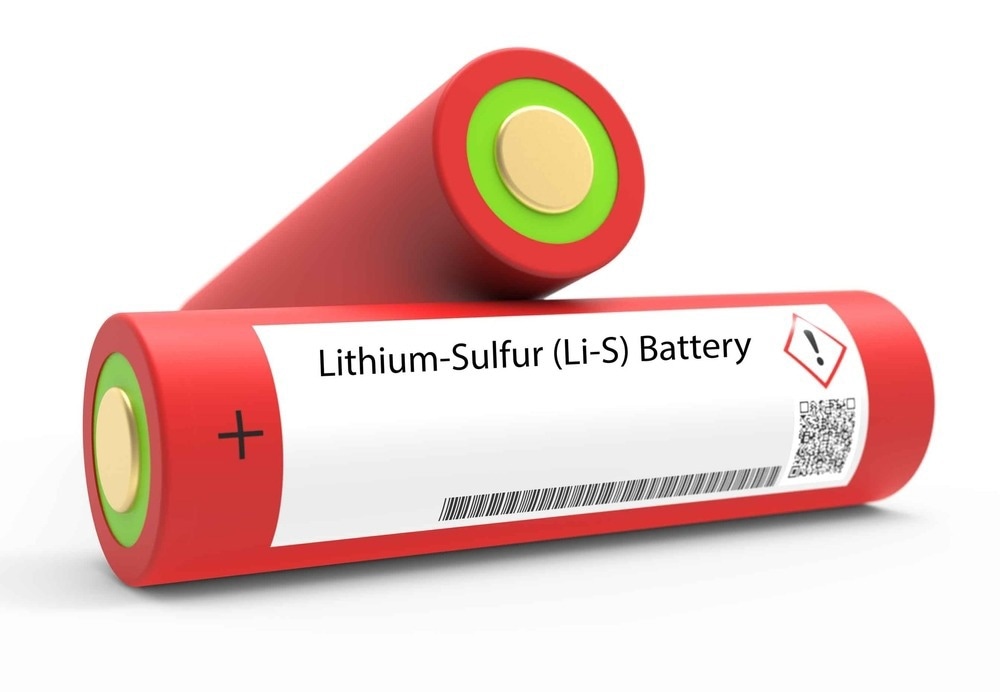
Lithium-sulfur batteries have many advantages over lithium-ion batteries. Chief among them is their significantly higher energy density. Imagine having an electric car that can go significantly longer on a single charge or a smartphone that only needs to be charged once a week instead of every day. That is the kind of enhancement that Li-S batteries are capable of providing. Lithium and sulfur together have the ability to pack a lot more energy into the same amount of space which is their secret sauce. This could fundamentally alter how we utilize electric cars and gadgets.
Cost Benefits
The production of lithium-sulfur batteries could be significantly less expensive than that of lithium-ion batteries. This is primarily due to the extremely low cost and accessibility of sulfur a crucial component of these batteries. It even occurs as a byproduct in some manufacturing operations. The elements required for lithium-ion batteries such as cobalt and nickel can be costly and difficult to get. So, future electronic devices and electric vehicles may be more powerful and reasonably priced for all if we use Li-S batteries.
Environmental Advantages
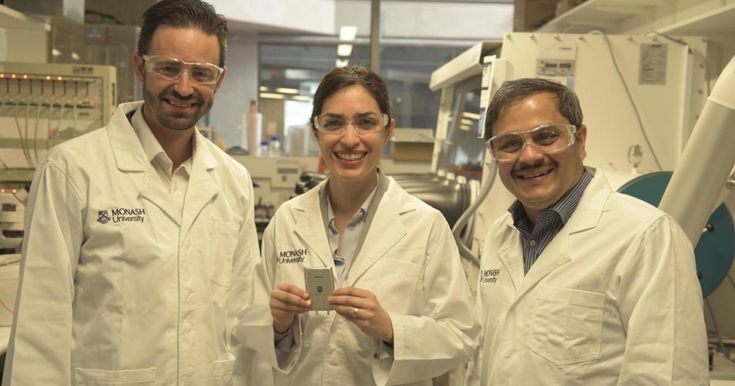
Lithium-sulfur (Li-S) batteries are better for the environment than our electronics and pocketbooks. Sulfur is readily available and a byproduct of other industries so it is less harmful to the environment than mining for the metals required to make lithium-ion batteries. Sulfur also does not contribute to pollution, because of this Li-S batteries are a more environmentally friendly option that will lessen hazardous waste and the detrimental effects of mining. These batteries could enable us to power our lives in a way that is considerably less harmful to the environment.
Challenges to Overcome
Lithium-sulfur (Li-S) batteries have a lot of obstacles to overcome before they can be widely utilized despite their amazing sound. One major problem is that they do not last as long as we would like; after repeated charging and use, they degrade more quickly than lithium-ion batteries. This occurs because each time the battery is recharged, a portion of its materials dissolve into the liquid portion of the battery, decreasing its effectiveness. By experimenting with various materials and designs, scientists are making great efforts to address this issue and create Li-S batteries that are more dependable and robust for daily usage.
Innovations in Technology
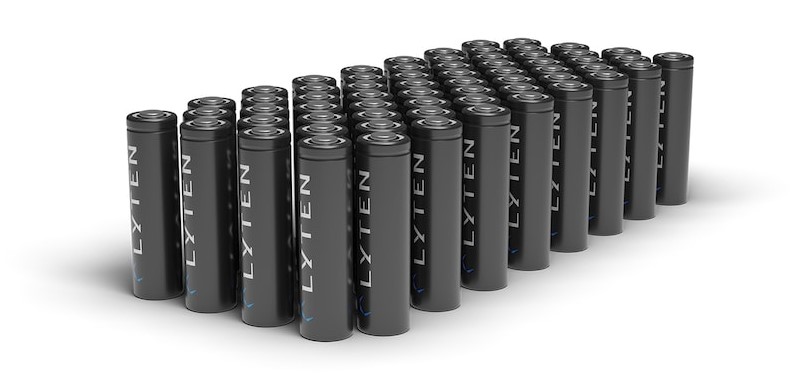
Scientists and engineers use innovative approaches to improve lithium-sulfur (Li-S) batteries. Nanotechnology is being used to create materials that are small to prevent the battery components from degrading too quickly. Additionally, new arrangements of the battery’s internal components are being designed to prevent the sulfur from dissolving. Furthermore, new types of liquids that react better with sulfur are being mixed into the batteries. We are getting closer to the time when Li-S batteries will be able to be utilized in a wide range of devices and automobiles because of all these innovative concepts that are making them function better and last longer.
Applications in Electric Vehicles
Lithium-sulfur (Li-S) batteries have the potential to be very significant for electric cars (EVs). These batteries’ increased energy capacity would allow cars to travel farther between charges, which would alleviate range anxiety, now the largest problem facing EV buyers. Additionally, since sulfur is less expensive than the metals used in existing batteries, the price of electric automobiles may decrease, making them more accessible to a wider range of consumers. This could encourage more people to use electric vehicles instead of gasoline-powered ones, which would be fantastic for combating climate change and lowering pollution.
Use in Renewable Energy Storage
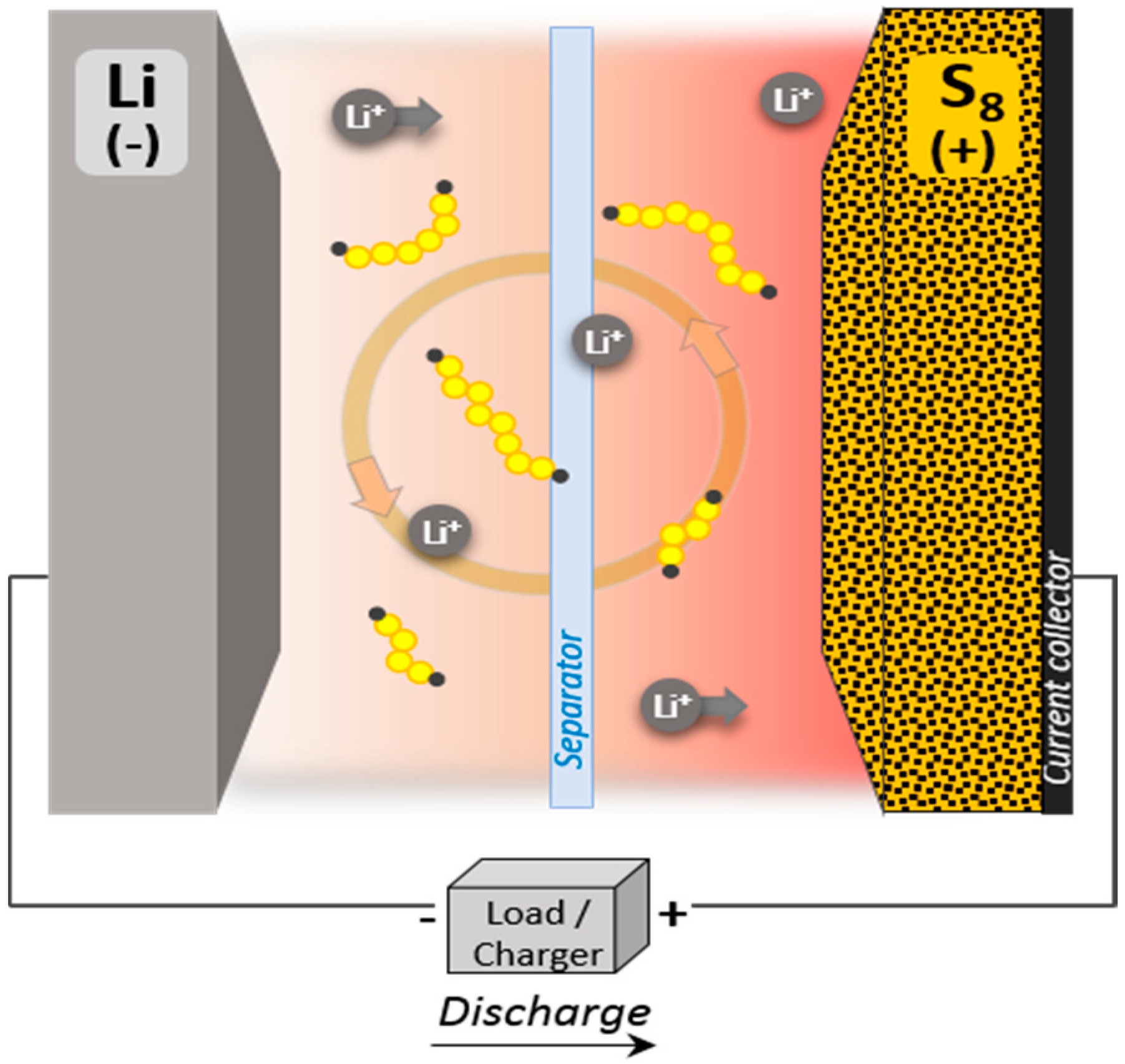
Lithium-sulfur (Li-S) batteries have the potential to revolutionize wind and solar energy. These renewable energy sources are fantastic, but they don’t always produce electricity when people need it. Instead, they generate the majority of their power during sunny or windy days. Even in the case of low light or calm weather, this electricity might be stored in Li-S batteries until required. They are ideal for continuously supplying green energy because of their high energy density, which allows them to store a lot of energy in a compact amount of area. This may enable us to depend more on renewable energy sources and less on fossil fuels.
Future Prospects
Lithium-sulfur (Li-S) battery technology appears to have a promising future, although more development remains. The goal of the research is to extend the lifespan of these batteries and demonstrate their practicality. Li-S batteries will be used in more applications when these difficulties are resolved, such as household solar energy storage and electric vehicle technology. Our electronic devices will function better and we will spend less energy thanks to this advancement. Li-S batteries have enormous promise and, with further research and development, might soon power a significant portion of our lives more sustainably.
Conclusion

The promise of lithium-sulfur (Li-S) batteries to extend the life of our devices, lower the cost of electric vehicles, and increase our use of renewable energy sources makes them extremely exciting. Because of their eco-friendly materials, they are also more environmentally friendly. The progress made thus far is encouraging, even though certain obstacles remain to be solved, such as ensuring that these batteries have a long lifespan. If scientists successfully resolve these problems, Li-S batteries may revolutionize how we power our planet. We are getting closer to a cleaner, more sustainable future, so it’s a journey worth seeing.
FAQ
How do lithium-sulfur batteries work compared to lithium-ion batteries?
During charging and discharging, lithium ions are transferred between the anode (made of lithium) and cathode (made of sulfur) of lithium-sulfur (Li-S) batteries. Li-S batteries function similarly to lithium-ion batteries, but instead of using metal oxides as the cathode, they employ sulfur. Li-S batteries have a higher energy density due to its ability to store more energy through chemical processes. This indicates that compared to lithium-ion batteries, Li-S batteries may be able to run longer on a single charge.
Why aren’t lithium-sulfur batteries already in widespread use?
Although lithium-sulfur batteries have many benefits, a number of technological issues need to be resolved before they can be extensively used. The two biggest problems are a shorter lifespan brought on by the sulfur cathode’s quick deterioration and the cathode’s active material leaking into the electrolyte during cycling. Scientists are working on novel approaches to these problems, like enhanced electrode materials and protective coatings, to improve the longevity and economic viability of Li-S batteries.
Can lithium-sulfur batteries be recycled?
Because its components are less hazardous than those of lithium-ion batteries, lithium-sulfur batteries may be more recyclable. The heavy metals found in lithium-ion cathodes present a greater environmental concern than those found in sulfur cathodes. Nevertheless, Li-S battery technologies and recycling infrastructure are still in their infancy. It is anticipated that as the technology advances and becomes more widely used, better recycling techniques will be created to handle Li-S batteries at the end of their useful lives, thereby augmenting their environmental advantages.

